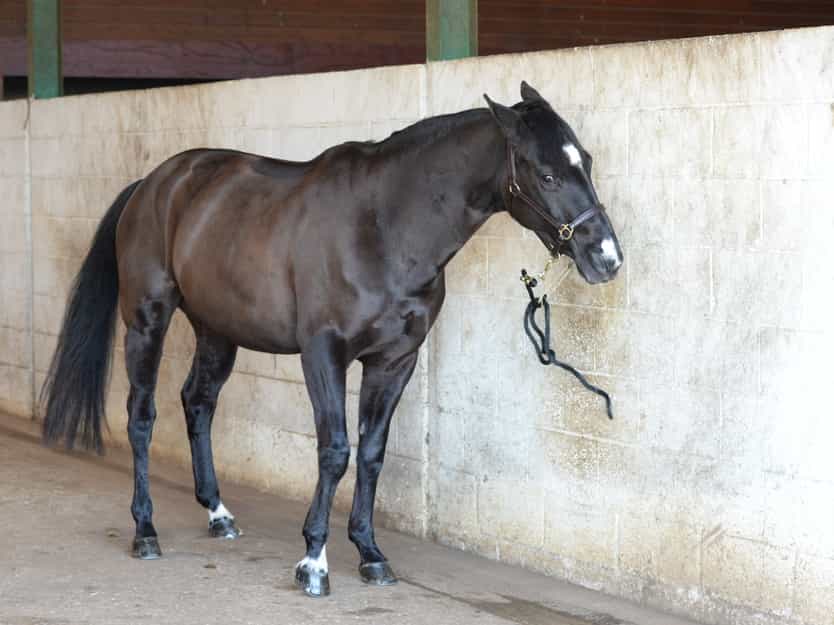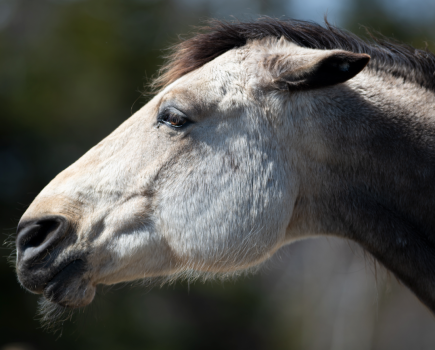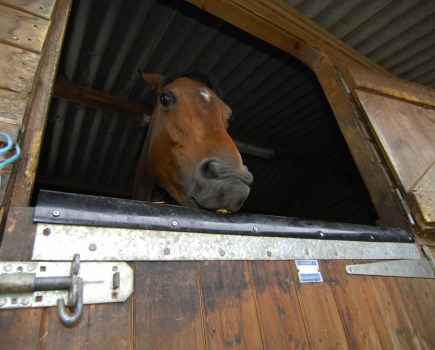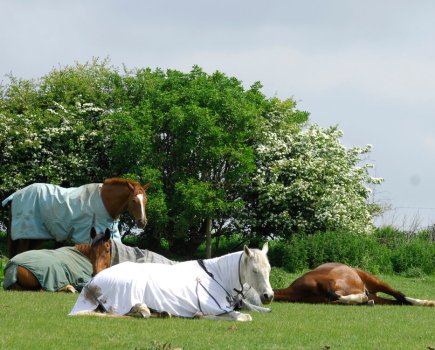To help you establish whether your horse is showing signs of stress, take a few moments to consider the following.
Take a minute to think about how you feel when you’re stressed. You might be agitated, frustrated or unable to sit quietly for any length of time, and snappy or argumentative.
If your horse is stressed, he can show similar signs. These could be changes in his normal behaviour – for example if he’s usually willing to be caught but suddenly becomes difficult to catch.
At the other end of the scale, if your horse has been suffering from stress continuously, he may no longer be active and alert. Instead, over time he might become dull and depressed.
The two types
There are two types of stress – acute (in the moment, or out of character for your horse), and chronic (where he’s constantly worried).
Each causes the release of chemicals that will affect your horse’s behaviour.
Signs of acute stress
- Nipping
- Tail swishing
- Difficult to catch
- High head and neck position
- Ears pricked tightly forward
- Worried expression
- Tension when ridden
- Staring intensely
- Poor concentration
- Clamping tail
- Fidgeting
Signs of chronic stress
- Dull and depressed
- Uncooperative when handled and ridden
- Aggressive/irritable
- Stereotypies such as wind sucking, crib-biting, weaving and box walking
- Poor learning capacity
- Over reactive
- Becoming a picky eater
- Weight loss
- Symptoms of pain
These changes are all vital clues that something’s wrong, and the key is to know your horse well enough to recognize any early changes before problems escalate.









